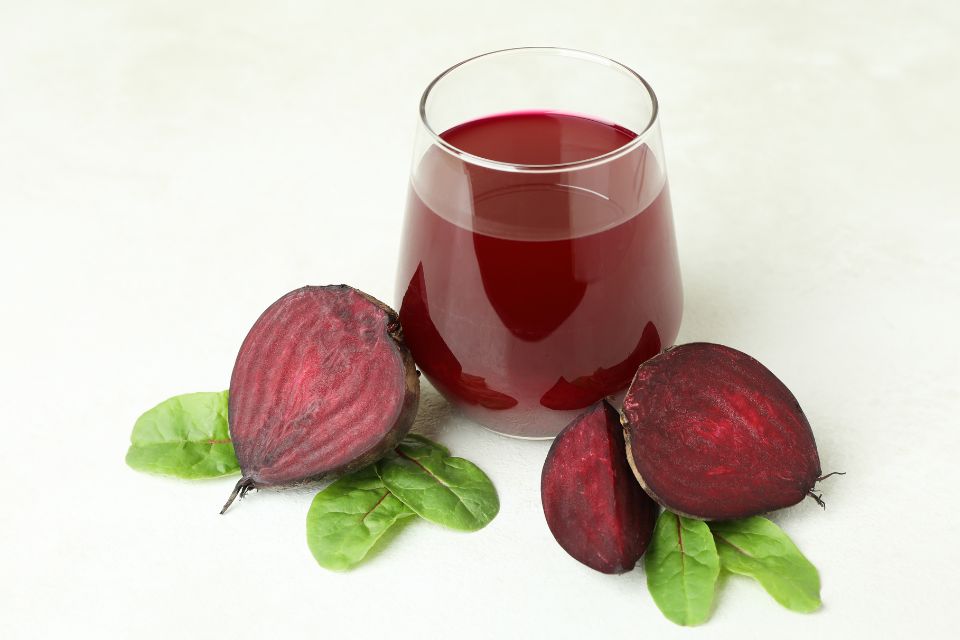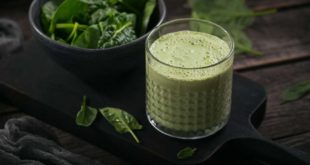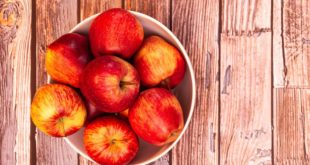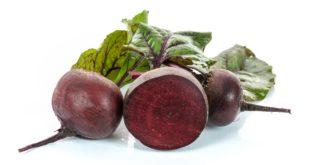
Eating beetroot every day can offer several health benefits due to its rich nutrient profile and bioactive compounds. However, it’s essential to consume it in moderation as part of a balanced diet. Here are the potential benefits and considerations of including beetroot in your daily diet:
Potential Benefits of Daily Beetroot Consumption
1. Improved Blood Pressure
Daily consumption of beetroot can help maintain lower blood pressure levels due to its high nitrate content, which the body converts to nitric oxide. This helps relax and dilate blood vessels, promoting better blood flow.
2. Enhanced Exercise Performance
Regular intake of beetroot juice can improve stamina and exercise performance. The nitrates in beetroot help improve the efficiency of mitochondria, increasing energy production in cells.
3. Better Digestive Health
Beetroot is high in dietary fiber, which aids in digestion and promotes regular bowel movements. Daily consumption can help prevent constipation and support a healthy digestive system.
4. Anti-Inflammatory Effects
The betalains in beetroot have anti-inflammatory properties, which can help reduce chronic inflammation, potentially lowering the risk of conditions such as heart disease and type 2 diabetes.
5. Antioxidant Protection
Beetroot’s rich antioxidant content, including betalains and vitamin C, helps protect cells from oxidative stress and free radical damage. This can contribute to overall health and reduce the risk of chronic diseases.
6. Enhanced Brain Function
Daily consumption of beetroot may improve cognitive function due to increased blood flow to the brain. This can support better mental clarity and may reduce the risk of cognitive decline with age.
7. Liver Detoxification
Beetroot supports liver function and detoxification processes. The betalains in beets help the liver process and eliminate toxins more efficiently.
8. Weight Management
Low in calories and high in fiber, beetroot can be a filling addition to your diet, helping you manage your weight by promoting satiety and reducing overall calorie intake.
9. Potential Cancer Protection
Some studies suggest that the compounds in beetroot, particularly betalains, may have anti-cancer properties and could help inhibit the growth of cancer cells.
Considerations and Potential Side Effects
1. Beeturia
Consuming beetroot can cause beeturia, a condition where urine and sometimes stools turn pink or red. This is harmless but can be alarming if you are not aware of it.
2. Oxalates and Kidney Stones
Beetroot contains oxalates, which can contribute to the formation of kidney stones in susceptible individuals. If you have a history of kidney stones, you might want to limit your beetroot intake.
Tips for Incorporating Beetroot into Your Daily Diet
- Juice: Add beetroot to your fresh vegetable juice mix.
- Smoothies: Blend beetroot into smoothies for added nutrition and color.
- Salads: Grate or chop raw beetroot into salads.
- Roasting: Roast beetroot with olive oil and herbs as a side dish.
- Soups: Add beetroot to soups, such as borscht.
 Daryeel Magazine
Daryeel Magazine




